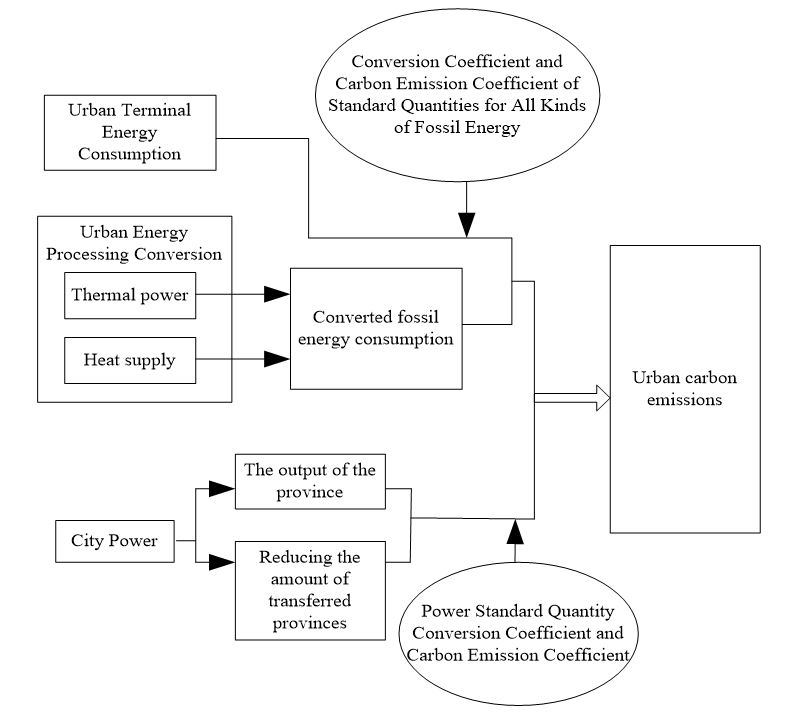
Urban economic development cannot be separated from energy consumption, and energy consumption directly leads to a large number of carbon emissions. It is of great significance to study the relationship between carbon dioxide emissions and economic growth for the implementation of energy conservation, emission reduction and the development of low-carbon economy in cities. A new method of dynamic relationship between urban carbon dioxide emission and economic growth is put forward. The carbon dioxide emission data in cities are calculated by using urban carbon dioxide emission measurement method. The data of economic attributes are obtained by using classification algorithm under uncertain data flow environment. Based on this data, a decoupling model of carbon emission and economic growth is constructed to measure economic growth elasticity of urban carbon emissions; Granger causality test model is established to analyze the Granger causality between urban carbon dioxide emissions and economic growth. The experimental results show that the growth rate of urban economy is obviously faster than that of carbon emissions. Economic growth is the Granger causality of carbon dioxide emissions. On the contrary, the implementation of carbon emission reduction measures will not hinder economic growth.
Total file downloads: 2